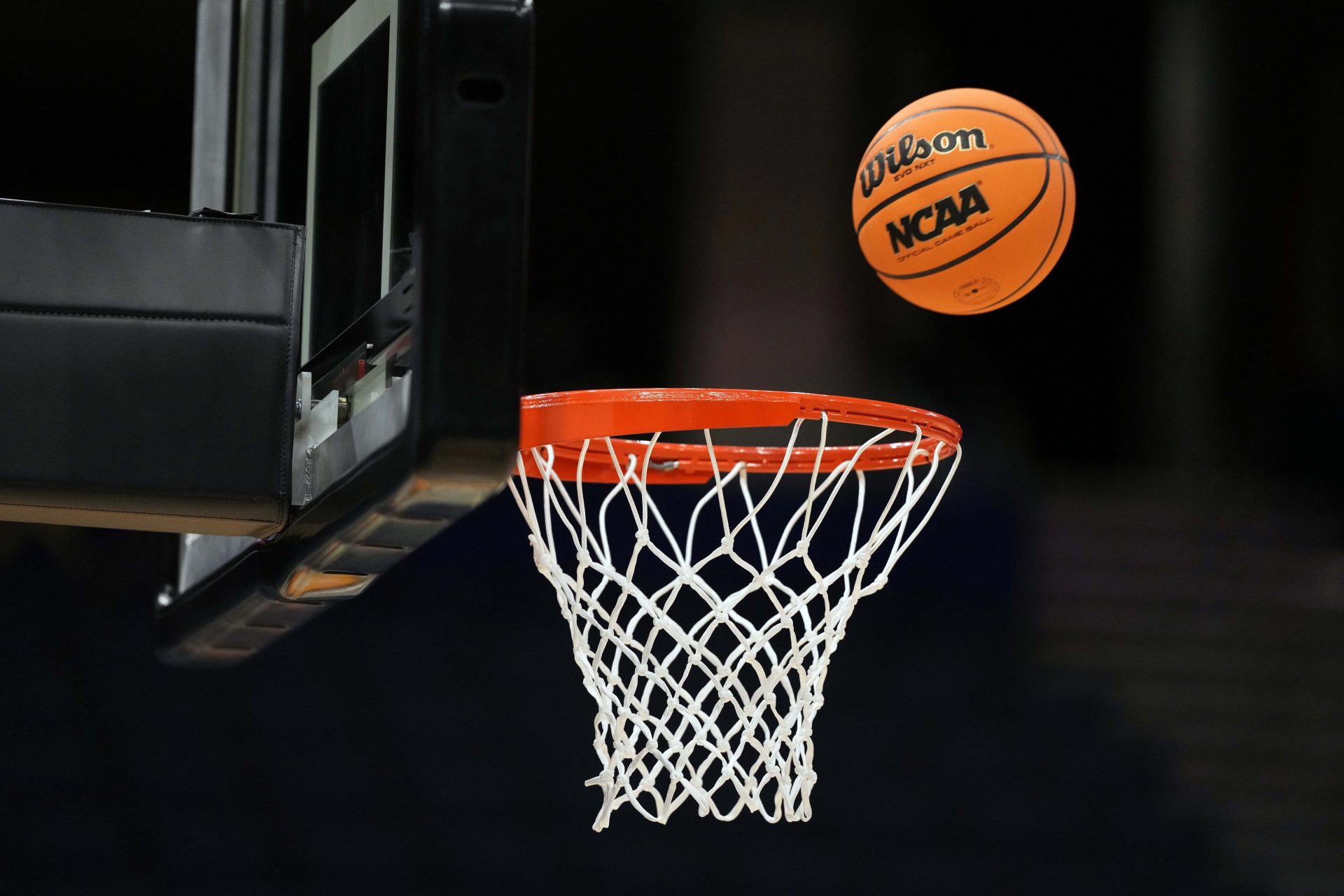As Houston and Florida go head to head on the hard courts for the March Madness finale, the players’ fates were being decided in a California courtroom. And this is the kind of case that could change college sports forever.
Judge Claudia Wilken was holding court in Oakland, and she is deciding the future of college athletics with a gavel. The hearing on the multi-billion-dollar settlement in House v. NCAA was happening. The case that could finally see college athletes getting paid directly by their schools.
Clock Is Ticking on Judge Recommendations
If approved, the settlement would unlock $2.8 billion in back pay and open the gates for direct compensation starting in the 2025-26 school year. And Judge Wilken seems ready to push the blow whistle on the old system, but not before tightening a few screws.
Judge Claudia Wilken did not slam the brakes on the settlement, but she made it rather clear that this is no rubber stamp. Judge Wilken has come up with questions that range from NIL deal restrictions to roster limits. And she had some things that needed a “fix.”
One of the biggest questions being raised is about roster limits. Wilken wasn’t sold on the idea that athletes might lose spots overnight if these limits go into effect without a phased plan. Wilken suggests “grandfathering” them. This means no pushing people off but letting current athletes keep their sports. But NCAA attorney Rakesh Kilaru pushed back.
The attorneys have one week to respond to some of these recommendations that the judge has made related to (1) future athletes being bound to the 10-year settlement and (2) roster limits phase-in. https://t.co/1VjdTyTQ9L
— Ross Dellenger (@RossDellenger) April 7, 2025
Coaches already have the power to make cuts, he said, with or without a settlement. Plus, the new limits are based on actual participation data. In theory, it does seem fairer. But Judge Claudia Wilken did not budge. Then came the issue of future athletes.
The issue is about kids still in high school or middle school who’ll be playing under this new 10-year agreement. Wilken questioned the attorneys, asking if it was fair to bind them now, when they don’t even have a voice yet?
Kilaru and plaintiffs’ lawyer Jeff Kessler argued that every incoming class would get a notice and a chance to object. Due process, they claimed, was baked in. Wilken remained unconvinced. And then came the $600 threshold.
Under the deal, any NIL agreement over that amount would be subject to scrutiny to ensure it serves a “valid business purpose.” While this seems like a legitimate way to keep deals clean, Judge Claudia Wilken had concerns about the vague language. There is also the question about the College Football Playoff’s role in all this.
Florida State QB Thomas Castellanos’ attorney pointed out that it’s unclear whether the CFP is off the hook. Since the NCAA doesn’t control bowl games or CFP cash, that ambiguity could cause legal strife down the road, and Wilken promised to follow up.
So, in the end, Judge Claudia Wilken, as reported by USA Today, simply said, “See what you can do about all these issues. Basically, I think it’s a good settlement — don’t quote me on that — but it is worth pursuing (how) to fix.”
KEEP READING: Most Successful NCAA Men’s Basketball Coaches by Championship Wins
Wilken gave both sides a week to revise and respond. Objectors will get just one day to weigh in. Is this the final whistle or simply halftime remains to be seen? And it largely depends on what comes back next week.
Regardless of the outcome, there is no doubt that collegiate atheletics is bound be hit with some big change.
College Sports Network has you covered with the latest news, analysis, insights, and trending stories in football, basketball, and more!


